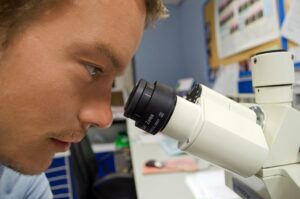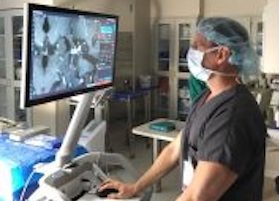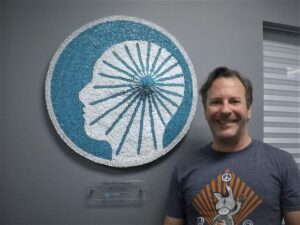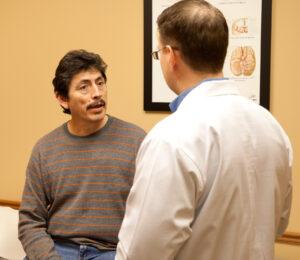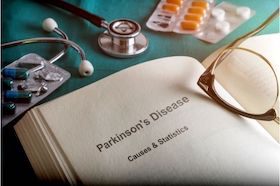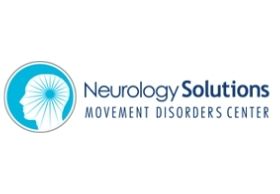
Why Awake DBS Is Still The Best Parkinson’s Disease Treatment
If you’re curious about deep brain stimulation (DBS), you’re not alone. It’s one of the most promising Parkinson’s disease treatments out there for patients whose symptoms can’t be controlled with medications. Here at Neurology Solutions Movement Disorders Center, we implant DBS leads in very specific parts of the brain — accurate to under a millimeter […]

